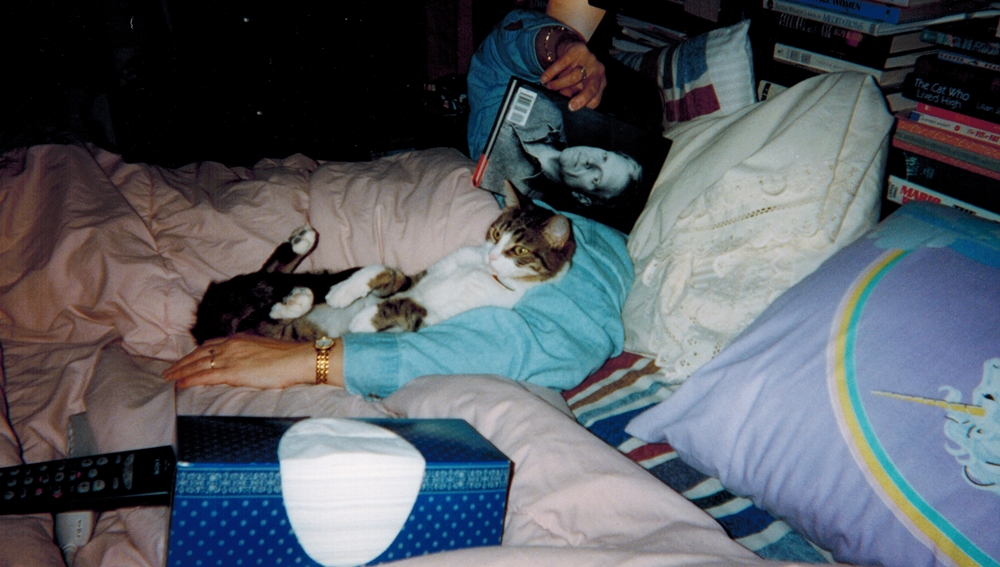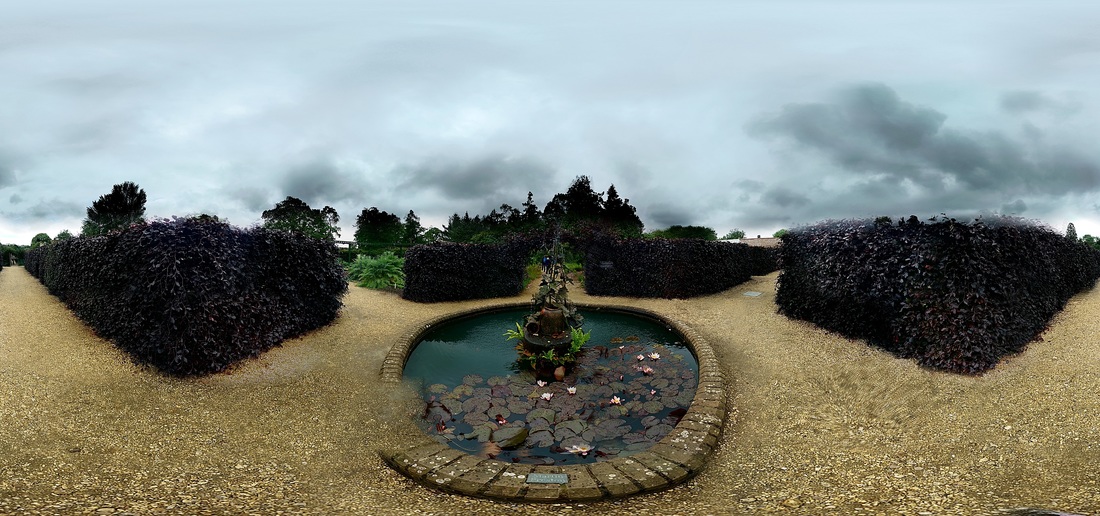|
With only one new submission from my critique group I was able to focus on finishing the full novel critique for a friend. I took some time, and 3k words, to talk about ways to improve the story. Many of these suggestions can be applied to any novel, so I thought I would share them with the rest of the world in a three post series about editing. Without further ado: Editing Resources. Not all writing tools work for all writers. The ones I list are ones were particularly applicable to the book I critiqued. If they don't work for you feel free to throw them out the window. Pyramid of Abstraction - More details make a piece feel more professional. This tool looks into why. The more grounded the reader is in a scene the more crazy shit the author can talk about without losing the reader. More specific details, particularly dealing with the senses, will help ground the reader. This is from Sanderson’s seventh class. (Which is the best in the series so far.) Definitely worth a listen. Cutting 10% - In the realm of editing it is said that cutting 10% will help streamline a story. This isn’t supposed to be a generic guideline or goal – it's a learning process. The hope is that a writer will learn the economy of words, making sure each one adds detail, character development, action, or plot. Once an author understands the economy cutting 10% usually isn’t needed or wanted. (That being said, one of my favorite books ever, “The Mote in God’s Eye,” was the result of a request by the publisher to cut 10% even though both authors were well established.) Sanderson’s Laws of Magic – There are three laws, the first one is usually the most relevant. “An author’s ability to solve conflict with magic is directly proportional to how well the reader understands said magic.” Powers needed to be expanded upon is because the novel does use magic to solve problems. If the reader doesn’t understand the magic, and the limits of that magic, then they can’t really get used to it. There is a video or text to learn more about this law. The best example of this is LoTF. Gandalf seems all mighty and powerful, yet he cannot take the ring to Mordor himself. BUT because the magic system is completely undefined the readers don’t question it. On the other hand there’s the ring, which has the clearly defined power of turning the MC invisible. This is used plenty of times throughout the book and when it’s used to the MCs advantage the readers love it. Motivation/Reaction Units (MRU) – For easier reading a motivation should come before the reaction. The door needs to creak before a character has a reason to look at the door. Realizing that the photos don’t look like the apartment has to happen first, the reaction is a feeling of regret. This was from the book “Rivet Your Readers with Deep Point of View”, I’m not sure you’d get anything else useful out it, the rest of their suggestions don’t really suit your writing style.
1 Comment
I started 2016 with seven writing goals:
Progress since last month:
Quantifying goals for the upcoming month:
 Spring Break 2010. Florida sunrise. Spring Break 2010. Florida sunrise. With only one new submission from my critique group I was able to focus on finishing the full novel critique for a friend. I took some time, and 3k words, to talk about ways to improve the story. Many of these suggestions can be applied to any novel, so I thought I would share them with the rest of the world in a three post series about editing. Without further ado: Editing Prose. This is all stuff that should be done AFTER doing plot arc and scene related work. (Feel free to not even read this until those are done. For real.) 1) Find/delete –Uses of ‘finally’. Using ‘finally’ continues to delay, for the reader, what’s getting waited for. It’s better to get on with it. 2) Find/delete –Uses of ‘obviously’. If it’s really obvious then the reader already knows it, and if it’s not obvious then it’s better to use details to make it obvious. 3) Find/delete – Uses of ‘I think/thought’. If it’s in dialogue then no problem, but if we're far into a characters point of view it shouldn't be needed. If a search of your book comes up with a lot of these phrases then there is another option; italicizing all internal thoughts. This alternative allows you to get rid of all uses of 'I think/thought' without radical rewrites of the thought contents. . 4) Find/delete – Uses of ‘very’ and ‘really’. They don’t add. There’s an economy of words, and these are on the low end. They can be deleted outright without loss, or replaced with a more useful word. “Really bad” = “Terrible” “Very big” = “Huge” 5) Replace – ‘thing’. The more details the better, look at the resource ‘Pyramid of Abstraction’ for a more complete explanation as to why. (To be talked in a future blog post.) Be careful about repetition. The reader doesn’t want to read about the same experience twice or rehashed phrases. It doesn't hurt to try cutting 10% for any piece, no matter how experienced the author. This is a tool, not a goal, I'll expand upon it in my next post about editing resources and tools. With only one new submission from my critique group I was able to focus on finishing the full novel critique for a friend. I took some time, and 3k words, to talk about ways to improve the story. Many of these suggestions can be applied to any novel, so I thought I would share them with the rest of the world in a three post series about editing. Without further ado: Editing Scenes.
Make sure scenes are scenes. A scene occurs in one time, place, and point of view. The most common issue I see is specifying that someone is traveling, and then a sudden jump to the destination without a scene break. If two characters get into a car and talk while driving that would be one scene. If the place the scene started at changes due to actions taken by the characters and directly seen by the reader it stays as one scene. If the actions aren’t seen by the reader then there should be a scene break. There are books that break these rules. The most referenced is Dune, which jumps to a different view point every paragraph or so. It's terribly hard to do correctly, so give it deep consideration before attempting. Starting scenes. How far away is the first action or piece of dialogue from the beginning of the scene? Particularly when editing pieces written during National Novel Writing Month I'll find summaries starting every scene. It's what I need to do before writing in rapid sprints, but it should not make it into the final draft. It’s best to delete the summary and go straight into the scene whenever possible. In some scenes there might be a summary of time passed, but the next action/dialogue is new material. For each instance I'll consider whether the information is needed. If it is I'll ask whether it can be integrated into the next action, dialogue, or thought and if it can do that instead. Scene endings. In late and out early is a good rule, though harder to implement than might be expected. There is no need for characters to say goodbye or cover other pleasantries. Once the plot and character information or action is complete cut out, like a movie. Ending the scenes with good sentences will help make the book feel more polished. I don’t have any hints or tools in this regard, ask beta readers to keep an eye out for them and take note of a good ending while reading. It's a skill that will develop with time. |
Project Progress
100 Squats per Day
21%
Read 52 Books
100%
|



 RSS Feed
RSS Feed